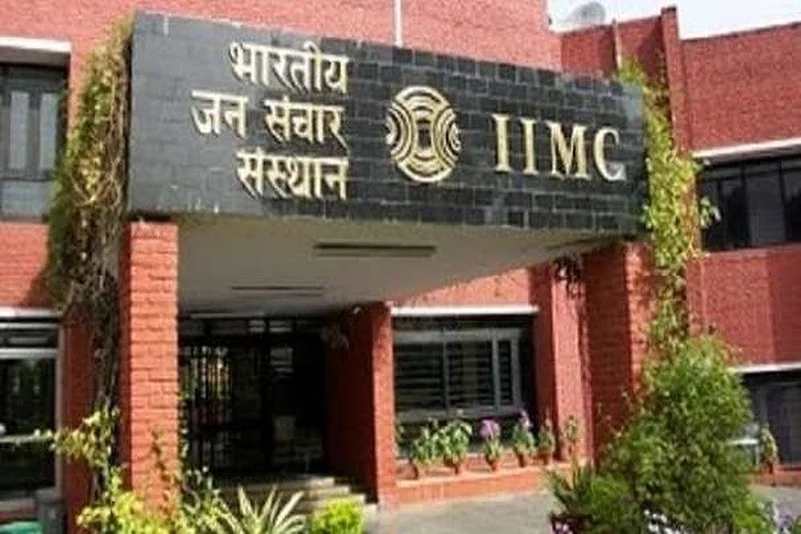The Indian Institute of Mass Communication (IIMC), a premier media school, is mulling to enforce Central Civil Services Conduct (CCS) Rules for its teachers, who termed it as a bid to "gag them" and an assault on "academic freedom".
Three JD(U) MPs have also written to information and broadcasting minister Smriti Irani alleging the administration of the state-run media school is "politicising" academic issues raised by the teaching staff.
The issue figures on the agenda of the institute's executive council (EC) meeting scheduled for Friday, where a decision may be taken to include Code of Conduct, Professional Ethics and Disciplinary matters in the IIMC's bylaws.
Advertisement
The CCS Rules bar government servants from criticising any current or recent policy or action of the Central government or a state government.
A committee was formed in 2016 to deliberate on the issue, which in its last meeting on July 28 framed its recommendations including that the IIMC may follow all rules of the Central government wherever IIMC bylaws are silent.
"As regards the Professional Code of Ethics and other issues, a comprehensive review of IIMC's bylaws may be done as about five decades have elapsed since they were adopted. For this, a committee may be constituted which may also include representatives from the DoPT, Universities, the UGC and IIPA," the agenda item says.
Advertisement
It also mentions that some of the faculty members were not in favour of adoption of Code of Conduct in the line of Central government's CCS Conduct Rules arguing it would affect their academic freedom.
When contacted, IIMC director-general KG Suresh declined to comment.
The agenda document adds, "Some of them argued for 'unconditional and absolute freedom' and that media have to perform the role of watchdog and in this context no academic institution which professes and advocates the freedom of speech and expression can be confined to the narrow framework of service conditions."
The committee observed that the contention regarding unconditional and absolute freedom cannot be accepted as the Constitution itself provided for reasonable restrictions on the fundamental right as enumerated in Article 19.
"IIMC is not a media organisation acting as watchdog but a media institute and therefore, this contention of the faculty members also cannot be accepted," the committee said.
JDU MPs Ali Anwar Ansari, Ramnath Thakur and Kahkashan Perween, who wrote to Irani, have asked, "is this attempt to snatch the academic freedom of teachers in higher educational institutions appropriate?"
Two faculty members, on condition of anonymity, said they are not against any code of conduct but it would be a "transparent contradiction" that teachers of journalism are not allowed to express their opinion and critique on public policy and other relevant social, political and economic issues in the media.
Advertisement
Coming down heavily on the institution, former academic associate at the IIMC, Delhi, Naren Singh told Outlook: "The CCS is essentially a highly dangerous weapon which for sure is going to be used to bully, blackmail and hound the self-respecting faculty members, who of late have started raising their voice against the downright corrupt, dictatorial and anti-academic administration being headed by KG Suresh."
The very idea of implementing a framework of CCS in an academic set-up is absolutely absurd, immoral and unethical, he added.
Eight of 11 faculty members at the IIMC in New Delhi had last month written to the secretary, I&B ministry, who is also chairperson of the institution, accusing its director general of "targeting and defaming" them.
Advertisement
Suresh had reacted to the allegations saying many of these faculty members were into "activism" and their "tantrums" could be described as "theatre of the absurd".
(With PTI inputs)




















